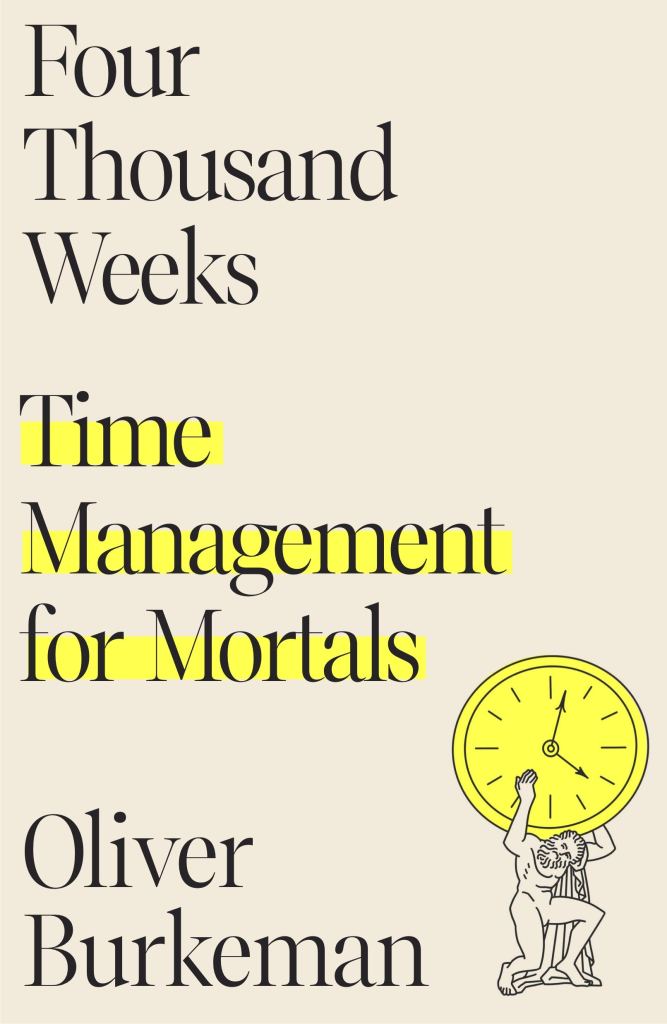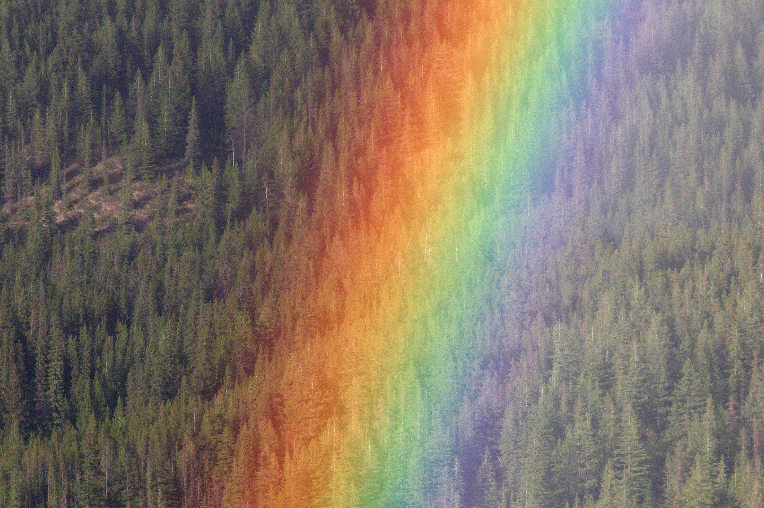There are not merely seven colors in the rainbow. Have you noticed? Of course, you have in some sense. But have you really noticed. If so, if this is generally noticed, then why do we require every school child to learn this easily disprovable “fact”? We can all see it has no basis. Even its origin story is sort of pathetic. Isaac Newton culled the infinite spectrum to conform to his mystical ideas of biblical numerology. But now that we have this story… do we consciously see the other colors?
There are no reasons to assume that humans are the only reasoning species. This hubristic assumption is the unfortunate baggage of hierarchical human relationships. To justify status differences, there must be a value system that can not be tied to quantifiable physical characteristics. Hence soul, spirit, mind. Once these vague traits become the basis of power, those who have power must arrogate all interiority to themselves. (Plus, it is profitable to deny mind to resources.) But we are then blinkered, unable to see motive, will, pain, love, in anything but ourselves. Our intense loneliness is birthed from our blindness. And we go searching for the likeness of our superior selves, we seek like-mindedness — in the stars, in the eternities of our fancy, in the realms we are sure exist just beyond our present reach — when the truth is that all around us life just like us pulses. Its magnificent web is woven into our being. We are interdependent with so many sentient beings just like us… and we can’t see them. We think we are alone in thinking…
Much of our knowledge is based on exclusion of large swaths of reality. We pigeon-hole information and discard what does not fit in the filing system, even as we acknowledge that the filing system is utterly arbitrary and rather flawed. We then discard this scorned data so thoroughly that we do not see it. This lack alters our ability to perceive. It alters our senses. It alters our lived reality. We live without knowing our world. This seems to me to be the central tragedy in human existence.

I’ve been reminded forcibly of this while reading Oliver Burkeman’s deeply philosophical Four Thousand Weeks: Time Management for Mortals (2021: Farrar, Straus and Giroux). Despite the subtitle, Burkeman gives no managing tips. He rather goes the other extreme, conclusively showing that time is not ours to manage. We don’t have time. We are time. This is what makes us, time acting upon matter. We live time. We are a chance assemblage of whimsical moments that vanish as soon as they materialize. We cannot master time any more than we can corral the atoms that build our cells.
Yet we live as though we have infinities at our disposal. As though that cure for old age is just on the horizon. As though death is a portal to more time and so there is no full stop on our being. We are taught to believe in our superiority, that human distinction which merits god-like immortality. From infancy, we are trained to see time as something separate from our bodies — or at least our souls — something that can be transcended, escaped, used. And in this we do not see time… or ourselves…
When we live for the next life, even for a future in this world, we miss the life we are actually living. We do not value each moment for the miracle that it is, which is sad and somewhat ungrateful on a cosmic level. But then it is worse. Because in a very tangible sense, we don’t exist in those moments. We don’t notice what we are doing in those moments. We are not present in those moments. We are spending those moments to buy other moments that may never come, likely will not come, are certainly not guaranteed to come. The present is all there is. Tomorrow does not exist in any meaningful fashion. Spending time on long-delayed gratification is largely a bogus transaction.
Now, Burkeman does not advocate going through life without a plan, taking pleasure willy nilly. That is as irresponsible as wasting today pursuing tomorrow. But he cautions us to know that plans are merely guidelines to being more fully alive in time. There are no goals except the one we all don’t, won’t see. We are an unfolding being until we are not. There is no destination in being. Being is the destination. Or perhaps non-being is…
Which is perhaps Burkeman’s central point. Mortals don’t manage time. We live it until we don’t. This metaphor that we have erected between perception and reality is our species-specific delusion. And it is a tragedy. Not because we die, not even because we know we die (which itself is not a human trait…) but because in denying death and temporality, we do not live.
We see seven colors in the rainbow… We believe we are alone… We strive to master time…
And we miss our one miraculous chance at fully living in this real time…
Teaser photo credit: Image of the end of a rainbow at Jasper National Park. By Wing-Chi Poon – self-made; at Jasper National Park, Alberta, Canada (along Yellowhead Highway 16 between intersection to Malign Valley Road and intersection to Snaring River Campground, overlooking Colin Range in the south)., CC BY-SA 2.5, https://commons.wikimedia.org/w/index.php?curid=405080





